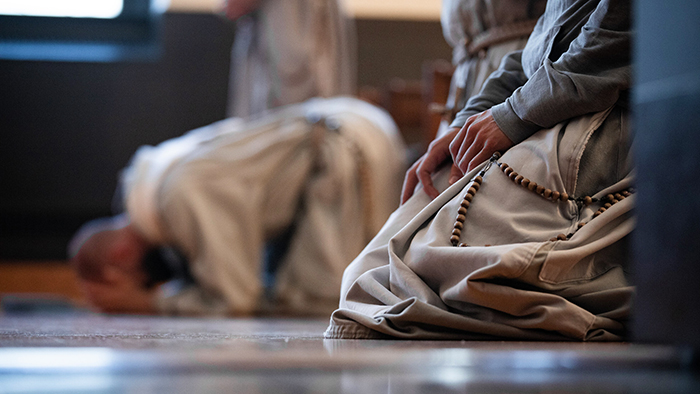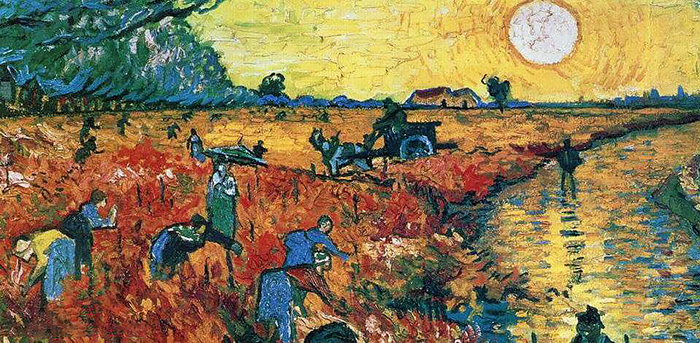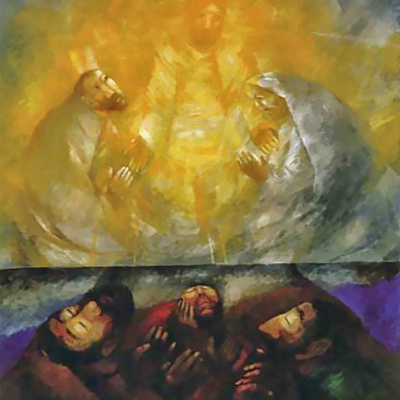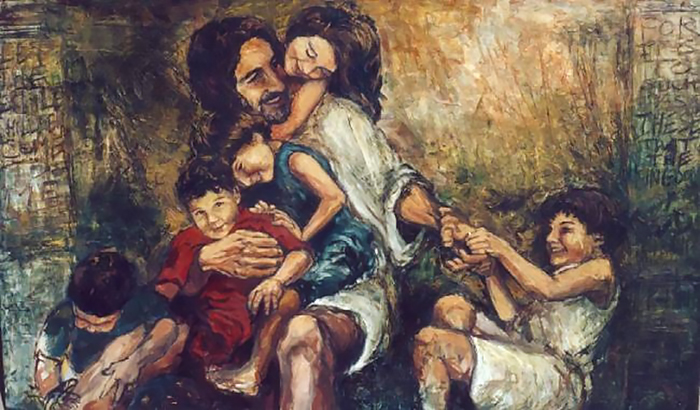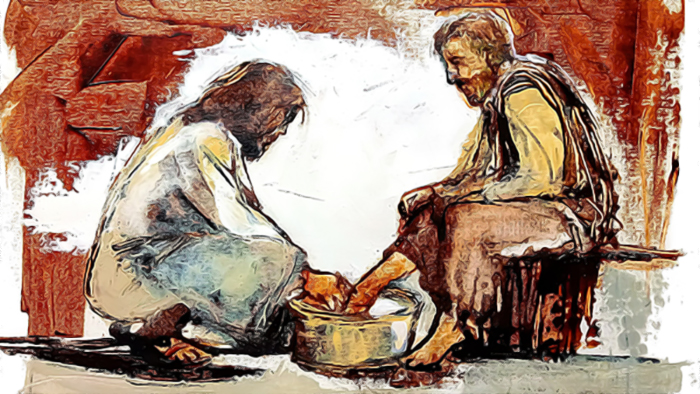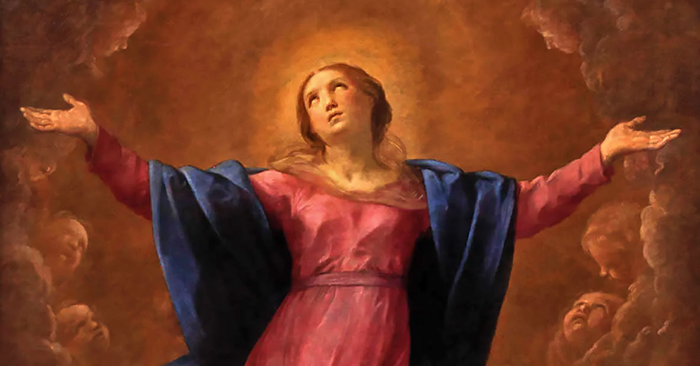
Writing in “Everyday Faith,” Karl Rahner says, “Our heart is so inert and tired. It is worn out with everyday things. And God seems so far away. So, it seems to us the spiritually blind and lame. We must humble ourselves at our lovelessness in regard to God as the God-effected beginning of our love. Prayer for love of God, a prayer which protests against our heart’s secret and unavowed aversion from God, is our beginning of love of God, and we can always make this by his grace, which is always offered to us.” In reply to the question in our reflection verse today, our Lord points out that the whole of God’s law can be condensed into two commandments: the first and most important consists in unconditional love of God; the second is a consequence and result of the first because when man is loved, St Thomas says, God is loved, for man is the image of God. A person who genuinely loves God also loves his fellows because he realizes that they are his brothers and sisters, children of the same Father, redeemed by the same blood of our Lord Jesus Christ. The Lord establishes as the guideline for our love of neighbor the love each of us has for ourselves; both love of others and love of self are based on the love of God. From all this, we can deduce that self-love of the right kind, based on God’s love for man, necessarily involves forgetting oneself in order to love God and our neighbor for God.

